How therapy for depression can improve cancer care
Outcomes for cancer patients improve 'dramatically' when treatment addresses patients' mental health
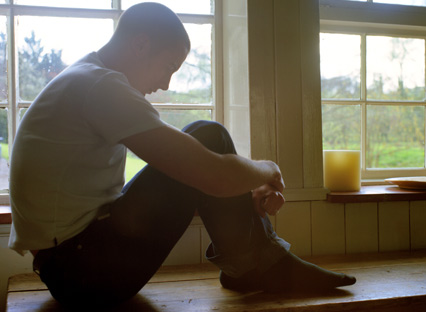
A free daily email with the biggest news stories of the day – and the best features from TheWeek.com
You are now subscribed
Your newsletter sign-up was successful
Three quarters of cancer patients suffering from clinical depression are not receiving treatment, new research has revealed. It has also shown that new, integrated treatment is far more effective at treating depression among cancer sufferers than current care.
Three research papers, funded by Cancer Research UK and the Scottish Government, highlighted the prevalence of depression among cancer patients, the under-treatment of the illness as well as the positive results of a new therapy system.
"It is heartbreaking to think cancer patients who are already dealing with the toughest fight of their lives are also struggling with depression, without adequate support," Jacqui Graves from Macmillan cancer support told the BBC.
The Week
Escape your echo chamber. Get the facts behind the news, plus analysis from multiple perspectives.

Sign up for The Week's Free Newsletters
From our morning news briefing to a weekly Good News Newsletter, get the best of The Week delivered directly to your inbox.
From our morning news briefing to a weekly Good News Newsletter, get the best of The Week delivered directly to your inbox.
What did the studies show?
- Cancer patients suffer from disproportionate rates of depression.
Cancer patients are far more likely to suffer from clinical depression that the rest of the population, with 13 per cent of patients diagnosed with the illness compared to just two per cent among the public. However, it is often wrongly assumed that depression is part of "a natural reaction" to the disease. "But this is much more than transient sadness," writes the BBC's health reporter Smitha Mundasad.
- The majority are not being treated for it.
Researchers found that 73 per cent of cancer patients who reported symptoms of depression were not being treated for it. They argue that this is partly due to the prioritisation of treating physical symptoms over psychological ones. "Major depression is really quite common and perhaps the surprising finding is that most goes untreated", Michael Sharpe, professor of psychological medicine at the University of Oxford, told the Daily Telegraph. "The outcome with usual care is really poor."
- New therapy is more effective.
The study also showed that even when diagnosed and given NHS treatment, the majority of patients did not get better. A new therapy approach was trialled in Edinburgh with encouraging results, even among patients with a poor prognosis.
A free daily email with the biggest news stories of the day – and the best features from TheWeek.com
What does the new therapy involve?
The trial combined a new nurse-led therapy with existing NHS cancer care. Specially trained nurses and psychiatrists work together with a patient's cancer team and GP to ensure that both physical and psychological symptoms are being addressed. The therapy incorporates standard drug treatment with psychological therapy.
What are the results?
Results of the trial showed that 62 per cent of patients responded to the combined treatment as opposed to 17 per cent in patients who receive standard NHS care. The therapy reportedly relieved anxiety, pain and fatigue in patients and researchers also believe it is the most cost-effective way to improve a patient's quality of life.
"This trial shows that we can effectively treat depression in patients with poor prognosis cancers like lung cancer and really improve patients' lives," said study leader Dr Jane Walker.
-
 How the FCC’s ‘equal time’ rule works
How the FCC’s ‘equal time’ rule worksIn the Spotlight The law is at the heart of the Colbert-CBS conflict
-
 What is the endgame in the DHS shutdown?
What is the endgame in the DHS shutdown?Today’s Big Question Democrats want to rein in ICE’s immigration crackdown
-
 ‘Poor time management isn’t just an inconvenience’
‘Poor time management isn’t just an inconvenience’Instant Opinion Opinion, comment and editorials of the day
-
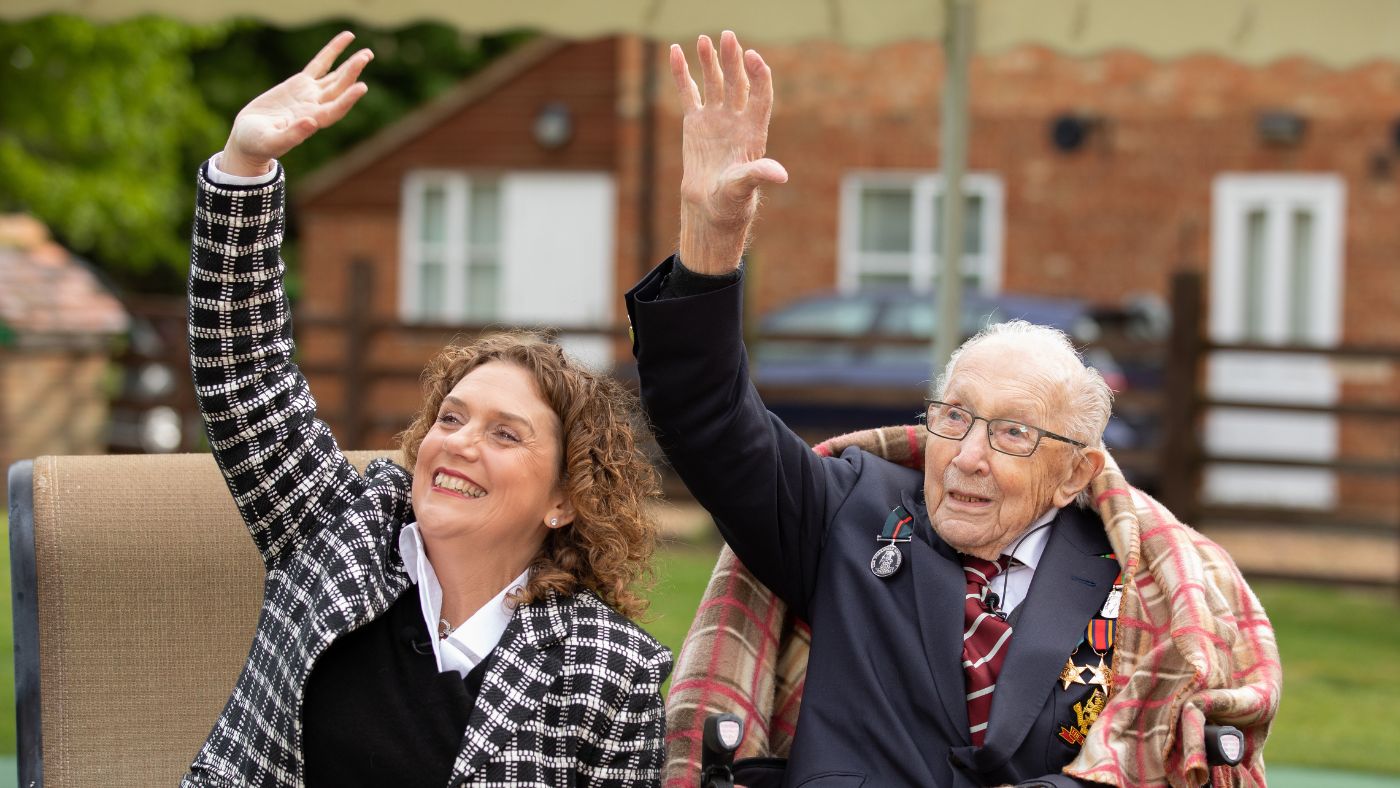 Captain Tom charity closes to donations amid daughter’s pool row
Captain Tom charity closes to donations amid daughter’s pool rowSpeed Read Hannah Ingram-Moore to appeal council order to demolish spa complex at her home
-
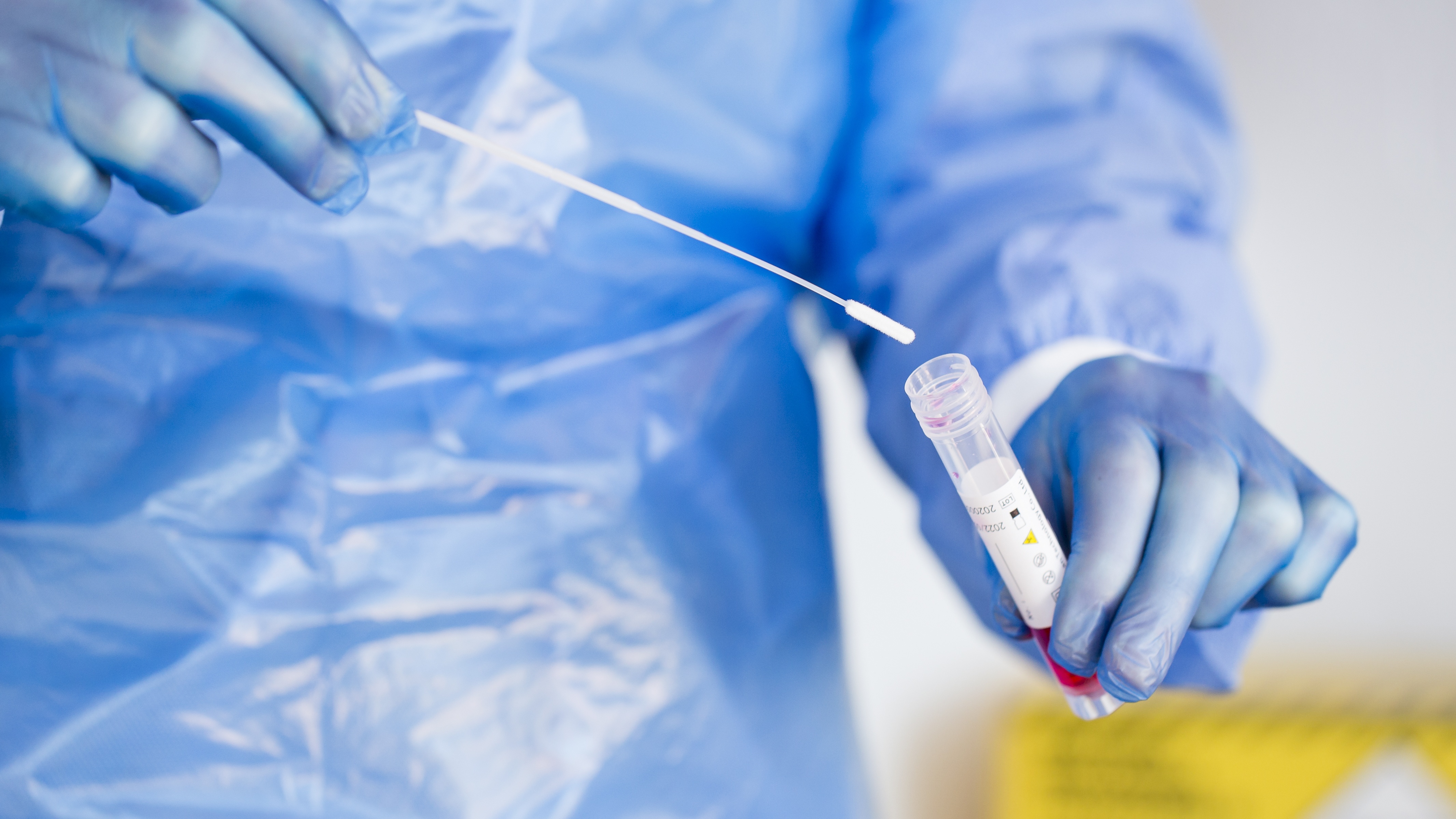 The Week Unwrapped: Sex and health, the Earth’s core and another new year
The Week Unwrapped: Sex and health, the Earth’s core and another new yearpodcast Is the NHS failing British women? What’s going on at the centre of our planet? And what’s in a date?
-
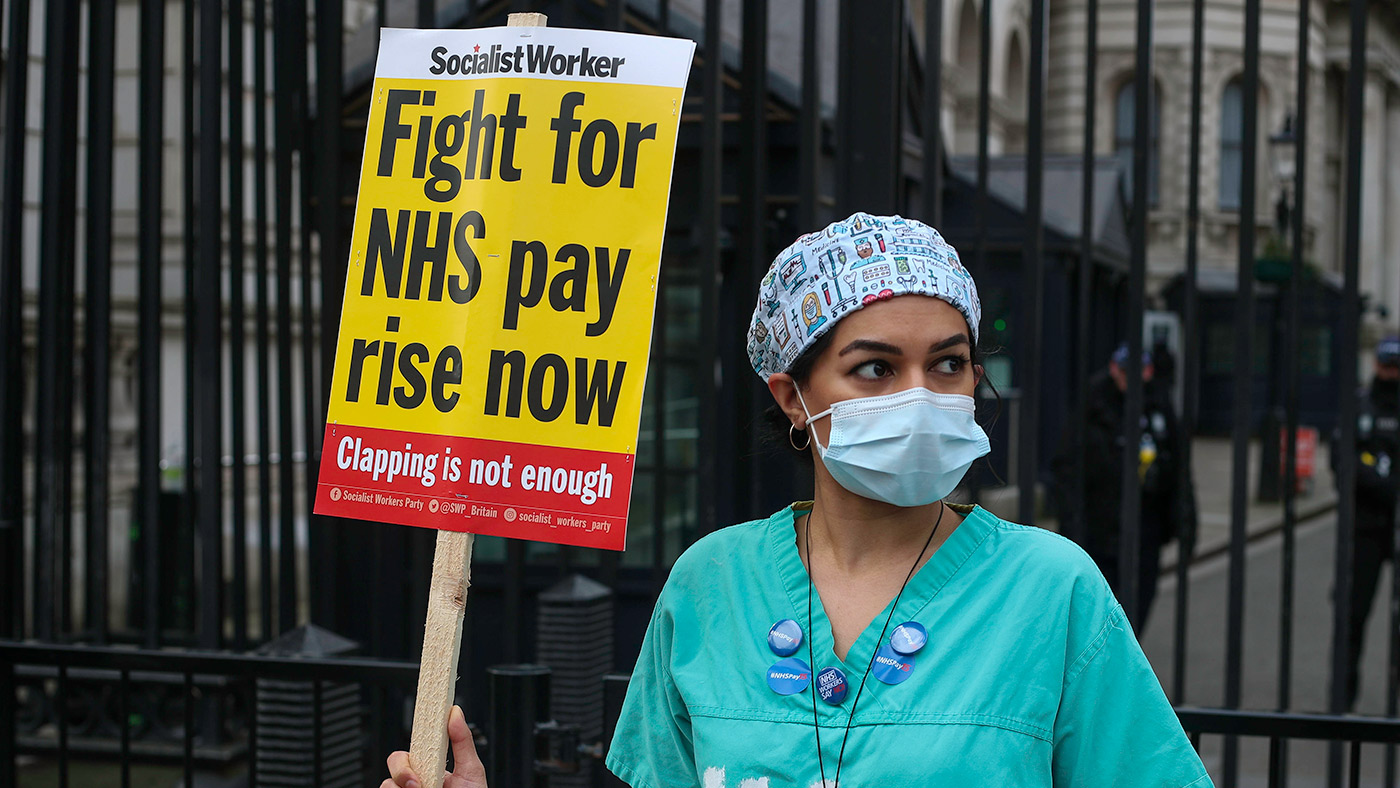 National nursing strike: should the patient ‘always come first’?
National nursing strike: should the patient ‘always come first’?Talking Point Recent YouGov poll found that 65% of public approves of strike action
-
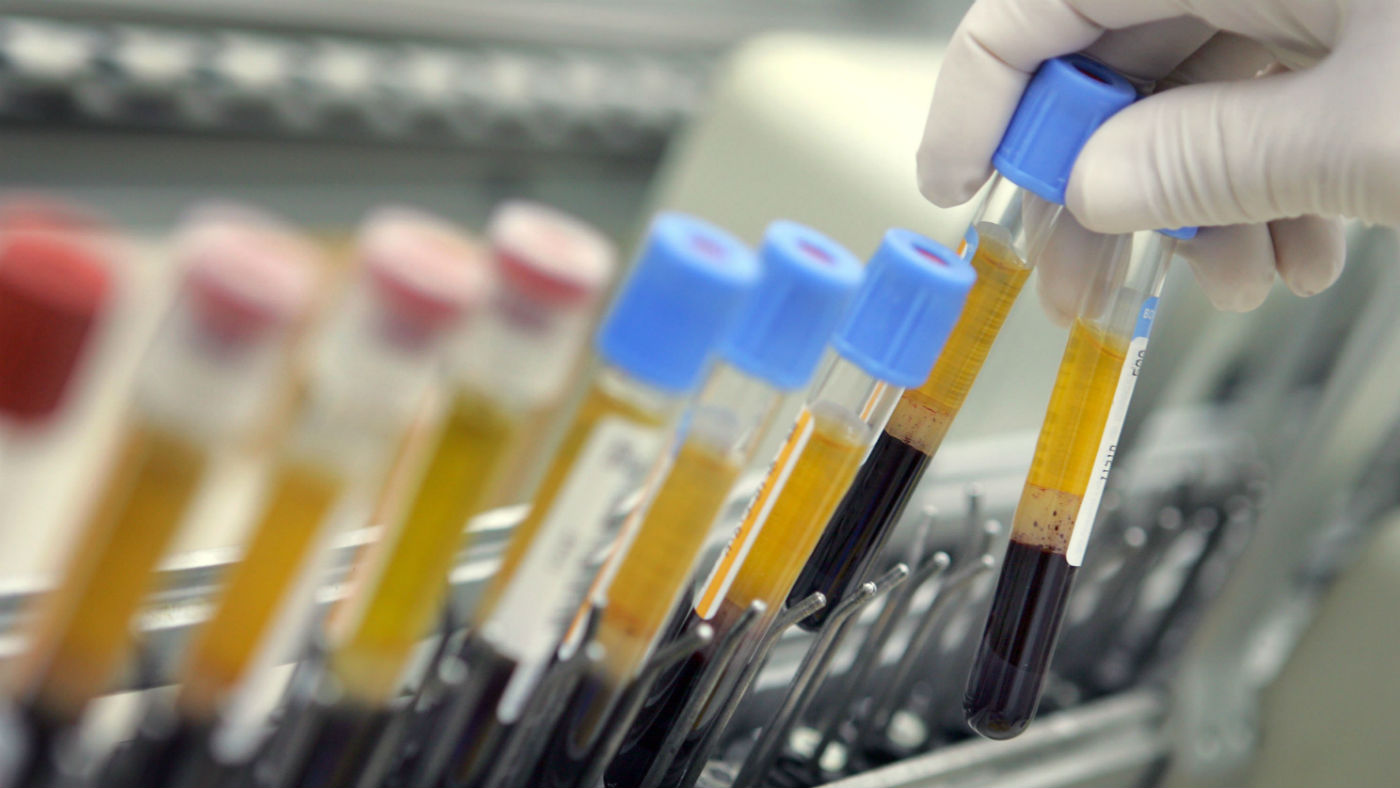 The science behind lab-grown blood
The science behind lab-grown bloodfeature Development of ‘absolute game changer’ could help those with sickle cell and other conditions
-
 ‘Moving CBBC online isn’t modernisation – it’s dangerous’
‘Moving CBBC online isn’t modernisation – it’s dangerous’Instant Opinion Your digest of analysis from the British and international press
-
 The Week Unwrapped: Quitting China, social age checks and dental deserts
The Week Unwrapped: Quitting China, social age checks and dental desertspodcast Why has AirBnB given up on China? Are social networks finally taking age limits seriously? And why is it so hard to find a dentist?
-
 ‘Negotiation with Putin would be a moral disaster’
‘Negotiation with Putin would be a moral disaster’Instant Opinion Your digest of analysis from the British and international press
-
 The Week Unwrapped: Home-working pay cuts, Taiwan and Cinderella
The Week Unwrapped: Home-working pay cuts, Taiwan and Cinderellapodcast Should people who work from home earn 20% less? Is Taiwan at risk of a Chinese invasion? And what does the failure of Andrew Lloyd Webber’s latest production tell us about post-Covid theatre?